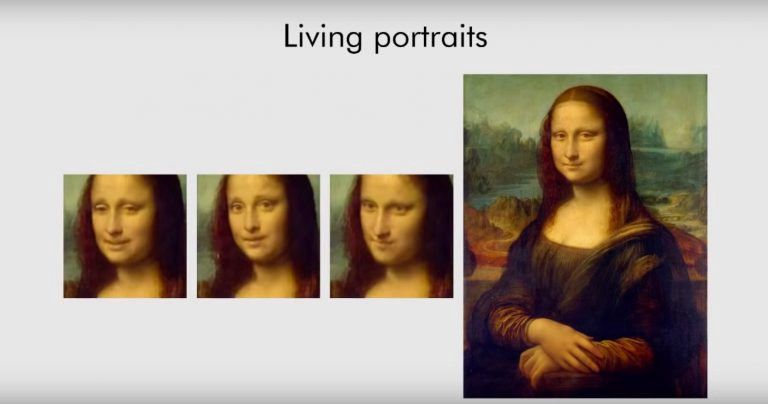SEEING THE STARS AS KITTY CAT SEES THEM. In addition to “naked eye Astronomy” and astronomy with a telescope, there will eventually be something which could be called, “kitty cat astronomy.” Cats have something like 6x the rod cells as human eyes do, but far less cone cells, meaning they can see very faint objects, but lack the human ability to see intricate colors and detail. Cats do not have better vision than humans, but better night vision. Humans have better vision for the things they have evolved for, such as reading books and working on machines during the day. If the human pupil were a bit less than an inch wide, we could theoretically see as brightly as a cat sees at night. Orion Telescope Company has actually produced a purely optical wide angle “binocular-google” that boosts human BRIGHTNESS vision by four times. With new flat lens optics, capable both of extremely short focal lengths as well as off-axis focusing, such a system could eventually be fitted into a pair of eyeglasses. The trick is getting all that aperture into an exit pupil under 7 mm wide, the width of the human pupil at maximum, in dark settings. Otherwise, that extra light is going to waste. Flat lens systems can be designed with ultra low focal ratios, such as F1 or F2, meaning that this would be possible. A pair of eyeglasses could incorporate an under-one-inch optical system, if it were thin enough. Note that it would not be the same as a simple pair of glasses, but an actual telescopic system, collapsed down into a very thin package—with magnification 1x, and brightness intensification 6x or 10x or whatever.
Moreover, since flat lens optics can just as easily create off-axis focal planes (not down the center of the objective lens as with traditional optics), such “binocular-googles” could also be made arbitrarily large. This is because the space between the eyes of about 1.5 inches complicates the size of diameters for the objective lenses. This is why binoculars have to reroute the images through mirrors or prisms, to fit into eyepieces that are the same distance apart as your eyes. However, with flat off-axis lenses, there could be a straight simple line directly to your eyes. (The focal point, instead of being perpendicular to the center of the lenses, could be designed to hit near the edge.) With moderately larger googles we could even see as well as an OWL, or even better. All of this is without even taking into account night-vision technologies which could be added. These are purely optical systems, with no power requirements and so on. When the latter function is added, note that the idea of having lights shining brightly throughout the night will become unnecessary. You could turn off almost all of the night lights in New York City, and everyone would be able to see just fine. Maybe your grandchildren will ask you, “Grampa, how did people see the stars a long time ago, if they had all those bright lights shining in their face?”
https://www.businessinsider.com/pictures-of-how-cats-see-the…ple%20need.
What do cats see?
Artist Nickolay Lamm consulted three experts to hypothesize how cats view the world compared to humans.
The biggest difference between human vision and cat vision is in the retina, a layer of tissue at the back of the eye that contains cells called photoreceptors. The photoreceptors convert light rays into electrical signals, which are processed by nerve cells, sent to the brain, and translated into the images we see.










